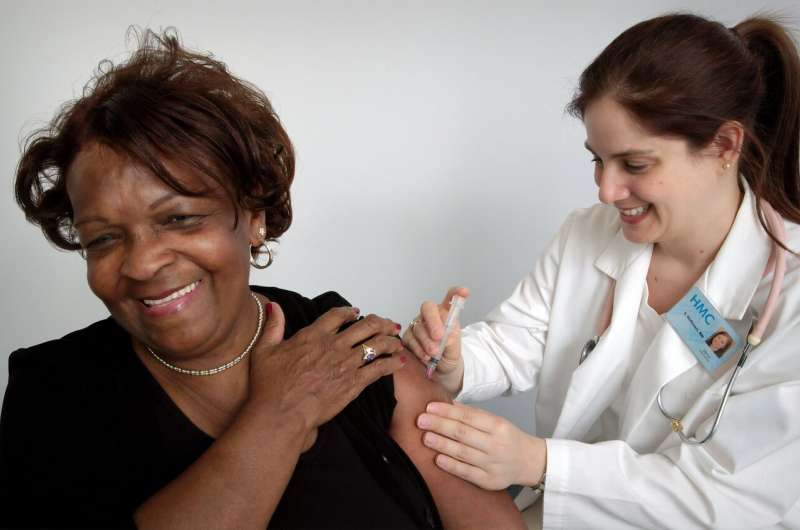Credit: Unsplash/CC0 Public Domain
The battle against COVID-19 vaccine hesitancy—an issue for nearly a quarter of Americans recently polled—can be won if messages promoting vaccination suggest most people will take it and political motivations did not rush its development, research at Georgia State University has found.
Those who were introduced to messages suggesting most people would not take the vaccine, that it is unsafe, that it is being promoted to gain greater control over individual freedom and that its development is being rushed for political motivations were more likely to say they would not take it.
In an online survey of more than 1,100 individuals, Risa Palm, Toby Bolsen and Justin Kingsland found Americans more likely to get COVID-19 vaccinations when its safety and efficiency are emphasized, confirming findings in other recent studies.
"It's urgent this messaging be carefully and thoughtfully crafted, taking into account what social scientists have learned about the factors that influence message acceptance," Palm said. "Public health agencies and others promoting vaccination will see success with messaging that touts the vaccine's safety, efficacy and social acceptance and the fact that science—not politics—leads its development."
More information: Risa Palm et al. The Effect of Frames on COVID-19 Vaccine Hesitancy, (2021). DOI: 10.1101/2021.01.04.21249241
Provided by Georgia State University
























